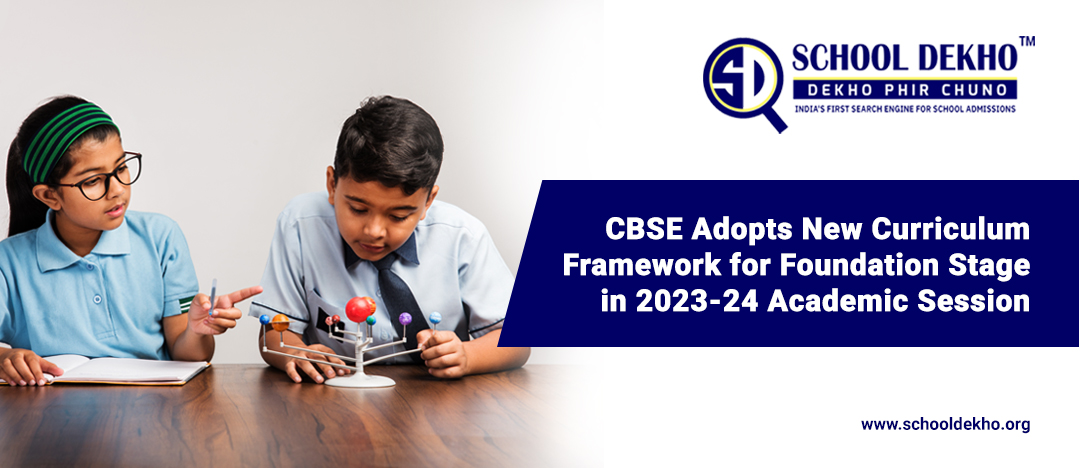
Consequences of Plagiarism: Protecting Academic Reputation
Plagiarism leads to many problems, not just damaging your reputation. If someone is caught plagiarizing, the consequences can be severe, affecting their career or academic future.
This problem is becoming more common in academic settings. Because the penalties for this unethical act can be so harsh, students, writers, and content creators must properly know its consequences and techniques to avoid it.
Therefore, this post will cover specific techniques for understanding plagiarism and how it can harm you in multiple ways.
Consequences of Plagiarism in Academia
Low Grades and Expulsion
Many factors can lead a student to plagiarism, but fear is among the most powerful. The fear of receiving a lower grade on an assignment or failing a course can drive students to copy work from a more reputable source, hoping it will improve their chances of passing.
However, students often overlook that getting caught with plagiarized material can have more severe consequences than a lower grade. The potential fallout from plagiarism can be far worse than the initial fear of failing an assignment.
Break Trust among Teachers
Interactions between colleagues, professors, and students are based on trust and commitment. When your work is discovered to be plagiarism, it breaks this trust, and rebuilding it can be more challenging than correcting grades.
Additionally, because teachers often communicate with each other, someone caught plagiarizing might face suspicion even when presenting original work to other professors within the same institution. This can complicate efforts to restore credibility and trust.
Loss of Future Opportunities
Writing tasks are an excellent opportunity to enhance your research and creative skills. When you write an essay, you review and think deeply about the material, develop your unique voice, learn to be authentic, and challenge established ideas. This process helps you form and learn to defend your beliefs—an important life skill.
Plagiarizing involves just copying others' work without any personal growth or originality. This way, you can't contribute to your development or success in life and your career.
How to Avoid Consequences of Plagiarism?
Explore Multiple Sources
Reading from multiple sources expands your understanding and gives you a broader perspective. If you rely on just one source, you may not have enough information to develop your ideas fully or write in depth.
Exploring various viewpoints can help you gain better insights. This approach also allows you to form opinions, making your work more original and informed.
Using Plagiarism Checker Tools
Your professors or boss likely use plagiarism checker tools to check for plagiarized content, so it's good to do the same before submitting your assignment or project. After finishing your writing, run it through a plagiarism detector to see if any part of your work unintentionally matches other sources.
This gives you a chance to fix any issues before the final submission. The duplicate content checker compares your work with an extensive database of sources and highlights any similarities. Therefore, you can easily spot and correct issues quickly and reduce any risk regarding plagiarism.
Develop your Unique Style
One of the most essential things in academic writing is to write unique content. Using words or phrases that are unusual for you might stand out and raise suspicions of plagiarism.
Your lecturer could notice the difference in tone or vocabulary, which may lead them to believe that parts of your work are not your own. Sticking to a natural and consistent style helps you avoid this and makes your writing more authentic and easy to read.
Proper Citation Techniques
The simplest way to avoid plagiarism is to identify every section that isn't your original work in your assignment. Additionally, you must provide full details of the sources so that your lecturer can easily verify your work. This process is called citing and referencing.
Do this as you write rather than waiting until the end, as you might need to remember or miss a few sources if you leave it for later. But the one thing is that you should keep track of your citations as you go, ensuring your work is appropriately credited and plagiarism-free.
Conclusion
We can all agree that plagiarism is a grave offense that carries multiple penalties if not appropriately addressed. Therefore, as a student or writer, you can face all these penalties if you are involved in such an activity.
However, following these best practices can dramatically reduce plagiarism risk during research and writing. So, if you want to protect and maintain your reputation in your field, you must follow these techniques we've mentioned earlier and make your writing unique and plagiarism-free.






.webp)
.webp)
Leave your thought here
Your email address will not be published. Required fields are marked *